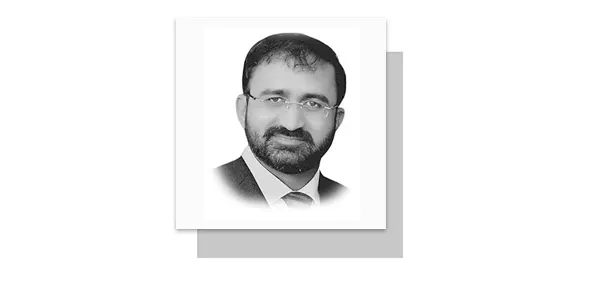STATES and countries are not born without people, and their peaceful co-existence makes a community. To live within certain boundaries with people of different races and cultures, one must also understand and respect others. There are instructions to the public to follow the rules and regulations determined by that state’s laws by its citizens. The government etches the laws through legitimate outlining for the benefit of the people. Lawmakers pass constitutions and the form follows the act. To create a flourishing society, one has to be after these measures to live in amity and harmony.
Countries and states are formed through people with mixed civilizations and cultures. To develop correspondence in society, the general public has to create peace which comes from respecting others. Respect is a measure that one individual has to show to another community to form a friendship and live with the union. Respect includes valuing their social cultures, religion and their faith. Whereas a state also has to provide benefits to its people, whether they are minorities or majorities. Minorities in a country are protected by the law, while the majority respect and observe the law. The authority’s capacity is not only to accommodate them in a safe environment to live in but also to allow them to be free and enjoy their social and religious liberties. The rights of people are protected in many Western democracies by constitutional documents, such as the Bill of Rights or Charter of Rights.
Civil liberties that a person of a state can luxuriate are freedom of expression and speech. The countryman is free to vote and has the right to privacy under his civil liberties. Under fundamental rights, everyone is the same irrespective of color, race, religion, or social status. Civil liberties and fundamental human rights are not similar. The basic rights of humans are legitimate to everyone, whereas the liberties are only allowed to the civilians of that particular country. In civil liberty, the population is guaranteed access to public institutions and protection. From any threat his safety is a concern of the state. Social liberties will enable the individual to express what they feel and to be vocal about their choices. Under freedom of choice, the public (individual) is allowed to disagree with the state. The government protects these liberties at all costs and they abide to interfere in them. The right to fair trial also comes under civil liberty. Many countries like India, Japan, Australia and many parts of Europe have proper liberties and the violation of liberties can lead to punishment. The court decides the trial for rough treatment. In civil liberties, religious rights are also preserved. While countries like America and India have various cultures and religions submerged, spiritual liberty feat the minority and multiple faiths.
According to research, the countries where religious liberties are inclined are more progressive in economic freedom. Religious rights also certify improvement in civil liberties, such as women’s empowerment. Religious liberties live with the will to allow one to practice their faith and religion freely. Not only this but when a person is closer to his religion, he has more commitments to himself, which helps acknowledge that person’s identity. Religion is a way of living for most people; it determines their lifestyle. Many countries like Pakistan are based on the ideology of religion. The law of Pakistan allows minorities to practice their religion. Religious liberties also help in making an acceptable community. Unlawful acts such as stealing and backbiting are prohibited in any religion and, thus are also not appreciated in any state. Any religion such as Islam, Christianity or Judaism disallows the drinking of wine, stealing, gambling. They focus on speaking the truth, standing for justice, and being tolerant of others. By following the religious teachings, a human true to his values is born. Thus, religion plays a role in civil liberties and is essential for forming human society. Religious freedoms and civil rights together share the same values such as honesty, loyalty, bringing peace and staying in harmony with one another.
For a healthy and prosperous community, religious liberties and civil liberties are followed together. These liberties are a way to safeguard and provide protection. Allowing religious rights to work will save the government from unjustified impact. Many frameworks and humanitarian organizations work to deliver justice for liberties just as the freedom to vote and freedom of expression, from gender discrimination to violence. Every person has worth and can live a life with the privileges that state and religion offer. And, when these liberties group, they form a better society by shaping an individual to grow under freedom. To live in an association is not easy; one must be understanding and cooperative. Compassion and generosity come naturally, but a few mediums emphasize the joint continuation and are after laying down. That is why there are rules and declarations to shield the people of the state. The building of a society is on the ground of giving and taking. An individual entrusts his respect to another individual within a community or outside the community; the individual himself has to pay back. Just the same way when a worker delivers his energy, creativity and time to an office, it retaliates back in terms of money. To have respect, one must pass it down first. To secure rights, one must be willing to grant them first.
—The writer is a PhD in Islamic thought and culture from NUML Islamabad and the author of five books and forty research publications.
Email: [email protected]










